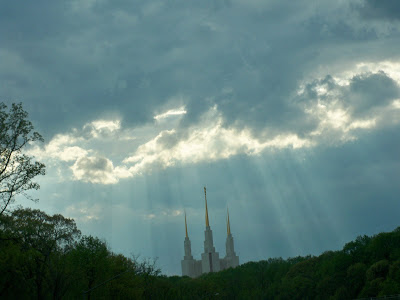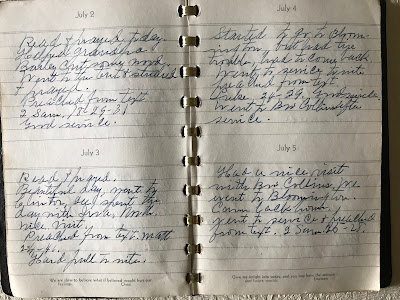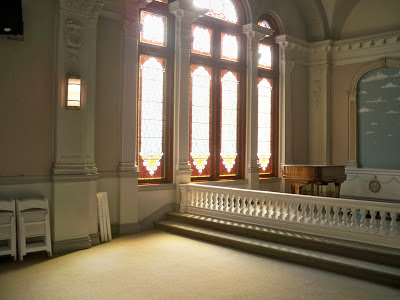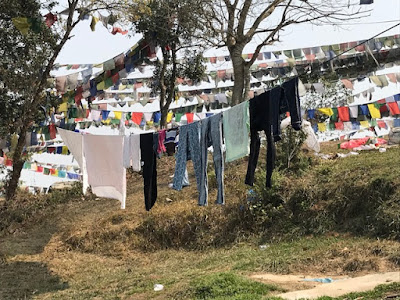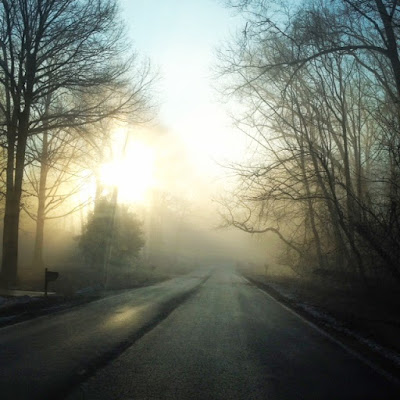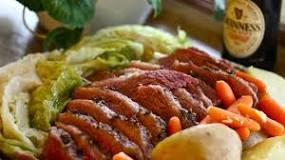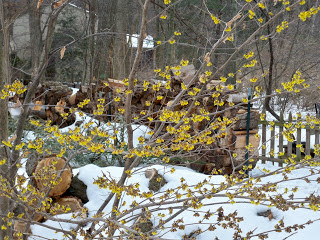Ashes
I began Lent by returning my overdue library book (see below … additional venial sin averted!) and receiving ashes. To accomplish the latter, I reached my parish church by 6:33 a.m. (the service having already begun, of course) and found the parking lot almost full. Wind chills today are in the teens but that doesn’t stop Catholics from their appointed rounds.
Back on the road to Metro before 7:00 a.m., I noticed that my church wasn’t the only one offering predawn distribution. Cars were leaving the Methodist church, too.
But the greatest surprise came at the Crystal City Metro. I usually avoid that station these days, having found a bus that leaves from another Metro stop that gets me to the office more quickly. But today I opted for Metro all the way because it was warmer.
As I was scrambling up the escalator into the usual crowd of buskers and hawkers, I spotted a man in purple off to my left. He was bearded, smiling and … wearing vestments. It was a priest giving out ashes!
Guess I would have gotten them today one way or the other.
